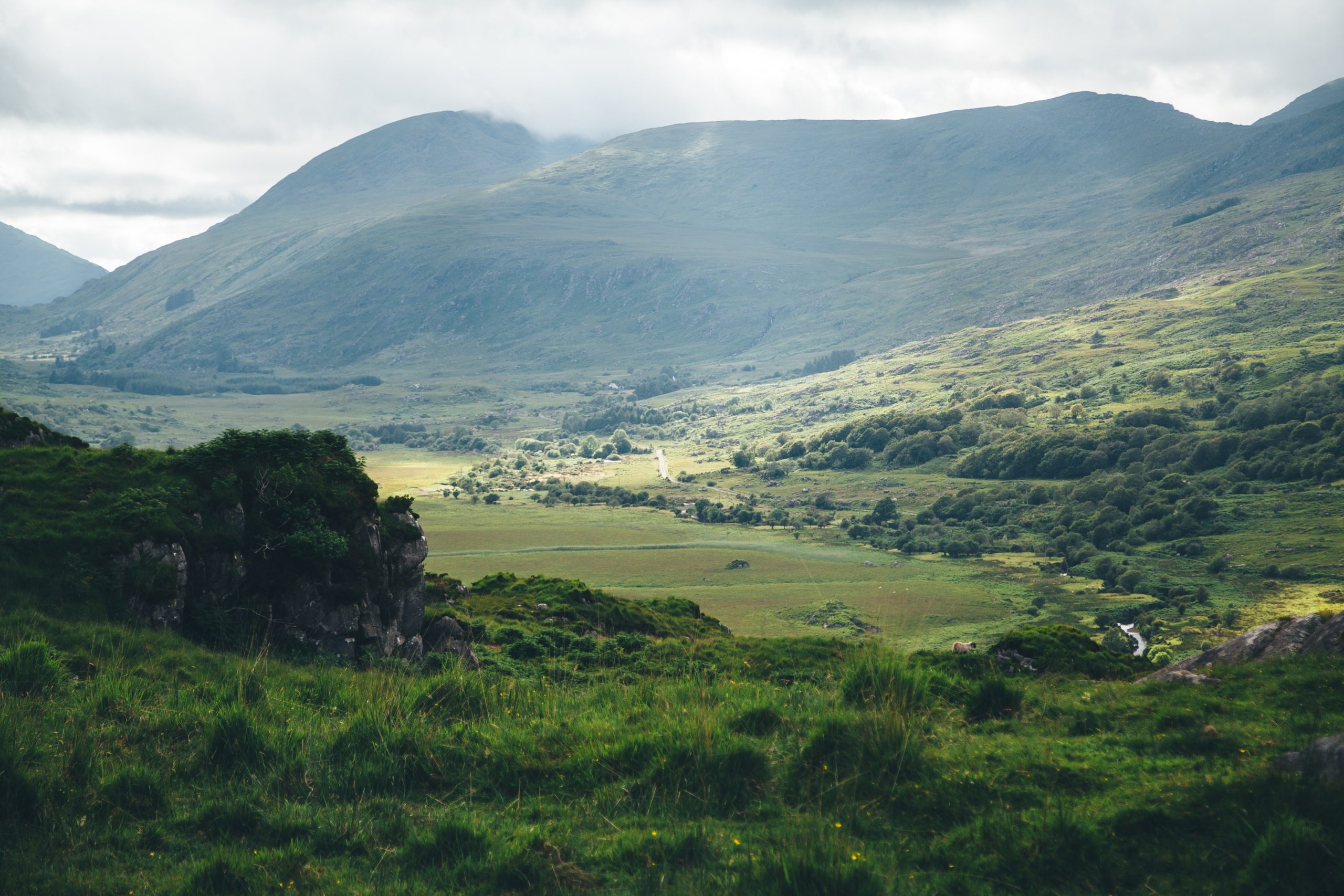Ireland signs new global agreement to prevent biodiversity loss

Ireland is one of several nations who have shown their commitment to biodiversity loss by signing up to a global initiative.
A total of 64 nations and the EU have signed the declaration, just days before the official opening of the UN Summit on Biodiversity. The initiative represents a collective ambition for biodiversity, climate and people, and recognises the challenge that lies ahead. In a report called “Leader, Pledge for Nature”, the authors warned of the rising rate of biodiversity loss and climate change, emphasising the acceleration of poverty, inequalities and the increased risk of future infectious diseases.
The restoration of natural resources is a core part of the agenda, with members indicating that the benefits far outweigh the costs, and ultimately the financial implications of inaction are considerably higher. Leaders have indicated a vision of living in harmony with nature by 2050 and ensuring our world gets on the right path of biodiversity recovery by 2030. To reach these goals, members have said we will need to follow a cleaner, green post-pandemic recovery, placing biodiversity, climate and the environment at the core of plans and measures. Agricultural systems will also need to be completely transformed to enable sustainable production.
The objectives addressed in the pledge are not just words claimed by the authorities, but necessary, collective action and responsibility to manage the challenges our planet faces.
“It marks a turning point, and comes with an explicit recognition that we will be judged now and by future generations on our willingness and ability to meet its aims”, the document concludes.
Earlier this month, a UN report stated that only 6 out of a possible 20 international biodiversity targets had been ‘partially achieved’ over the previous decade. The study showed that not a single one of the 20 targets set had been achieved.
The fifth Global Biodiversity Outlook report included eight transitional phases required to preserve our biodiversity. The report also included several measures including ecosystem restoration, agriculture redesign, a shift towards a plant-based diet and accelerating green infrastructure deployment in urban areas.
Research from the World Wildlife Fund (WWF) indicated that nearly two-thirds of the global wildlife population has disappeared over under 40 years and that up to 75% of our ice-free land surface has been reduced dramatically by human-based activity. The study by the WWF also indicated that a large proportion of oceans are polluted, and over 85% of wetland areas have been eradicated.